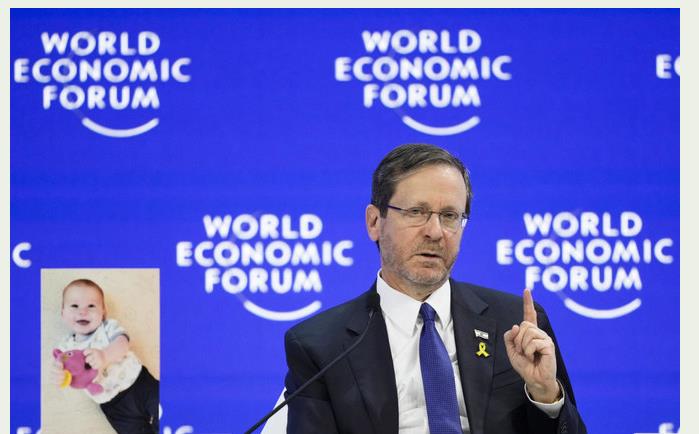
Emergency crews in Richmond, California, are rushing to clean up an estimated 600 gallons of oil that spilled from a Chevron refinery into the San Francisco Bay. Details on the spill are still scant, but the emergency has reinvigorated calls from residents and environmentalists for the city to change its relationship with the refinery.
The spill at the Chevron Wharf, which poured unabated for nearly two hours on Tuesday, cast a brownish sheen across the waters of the north-eastern part of the bay where harbor seals haul out, migratory birds skim the water, and residents live and recreate.
“It smelled like somebody spilled gasoline in front of my house,” Richmond resident Margaret Berczynski told ABC News. “I cannot take my kids to the water, I cannot walk on water, I cannot enjoy it. I’m really scared,” she added.
Sprawling across close to 3,000 acres on the peninsula hillsides overlooking the Pacific, Chevron’s Richmond refinery churns out 245,000 barrels of crude oil a day. The refinery is older than the city itself, which is located 12 miles from San Francisco and counts roughly 110,000 residents. Tuesday’s spill is just the latest incident in a long history of environmental and public health hazards associated with the oil company in Richmond.
The refinery is one of California’s largest polluters, casting toxins into the sky and sea even during normal operations. State records show the refinery released nearly the same amount of greenhouse gas emissions in 2018 that it did a decade prior.
In 2012, an explosion released black clouds of toxic smoke into the air that sent more than 15,000 people to the hospital. In the last five years, the refinery has been hit with 147 formal enforcement actions, according to documents from the US Environmental Protection Agency. Late last year, Chevron agreed to a settlement with the Bay Area Air Quality Management District for 29 violations issued between 2016 and 2018. Recent increases in flaring – when excess gases are burned off – have also caused community concern.
Richmond has become known as one of the biggest battlegrounds for environmental justice in the US, and Tuesday’s spill renewed calls from activists for the city to end its century-long relationship with the refinery.
“These refineries are a clear, present and ongoing danger to the residents who are forced to live near them,” said Andrés Soto, an organizer at Communities for a Better Environment, an advocacy organization. “These are mostly communities of color,” he added, “and this is disproportionately impacting African Americans, Latinos, working-class and immigrant Asians and working-class and poor whites”.
Roughly 80% of Richmond’s residents are people of color. Nearly a fifth of families fall near the poverty line. Studies have shown higher rates of cancer than in other parts of the county, and roughly 27% of children in the city have asthma, nearly double the rate that do countywide.
“The people of Richmond already carry a disproportionate environmental burden, and spills like this add life-threatening exposure to toxic pollutants,” said Sejal Choksi-Chugh, the executive director of Baykeeper, a non-profit that works to protect San Francisco Bay and its tributaries from pollution, in a statement. “The beaches are closed, the water is contaminated and the whole area smells like a gas station,” she added.
The Richmond city council member Gayle McLaughlin, a former Green party member who has worked in city politics since 2004, including the eight years she served as mayor, said she was planning to form a taskforce that will look into how the city can push Chevron out. She has won battles – and lawsuits – against the company in the past. A founder and central figure for the Richmond Progressive Alliance, a political group that won seats even when it was up against heavily Chevron-funded candidates, she led a march with more than 3,000 people protesting against the refinery in 2013 on the year anniversary of the explosion and she said since then support had only grown.
“We have a great reputation in Richmond for forming huge local movements and bringing in Bay Area community members,” she said. “We have lived with this refinery for 100 years,” she added. Now, she’s ready to do “whatever it takes” to get them to leave.
It won’t be easy and the move is probably a long way off. Chevron remains the city’s top employer, providing nearly 3,500 jobs. The Pacific Institute reported in 2013 that previous years’ tax documents showed Chevron contributed more than 10% of Richmond’s general fund. The city’s most recent budget shows the amount has risen since.
The oil titan has also invested heavily in local non-profits, economic development projects and city initiatives. In 2015, the city gave Chevron the green light to move forward with a large-scale modernization project in exchange for $90m provided to the community over 10 years, and $80m to fund environmental programs.
“Chevron’s Richmond Refinery workforce takes its role as good neighbors seriously and is continually working to reduce our environmental footprint and to improve reliability,” the Chevron spokesperson Tyler Kruzich said in a statement to the Guardian, adding that the company has invested $200m annually on maintenance and reliability projects on top of the hundreds of millions of dollars over the past 15 years. He also attributed the recent flaring to the startup of the $1bn Modernization Project, which “improves energy efficiency, reduces air emissions overall, and increases safety and reliability”.
McLaughlin doesn’t think the company has acted in good faith. “We were pushing for climate crisis mitigations and they utilized that so now they can pollute our community and maybe plant some trees over in another country”, she said.
And, she adds, it’s time to start planning for the future anyway. California has set a goal to go 100% carbon-free by 2045, and she would like to see the city gradually ease off its connection to Chevron, so there is time to rebuild the local economy around other industries. She thinks the citizens of Richmond will agree.
“We will use the power of people to push them,” McLaughlin said, “and if we have to, we will use our policing power as a city.”











